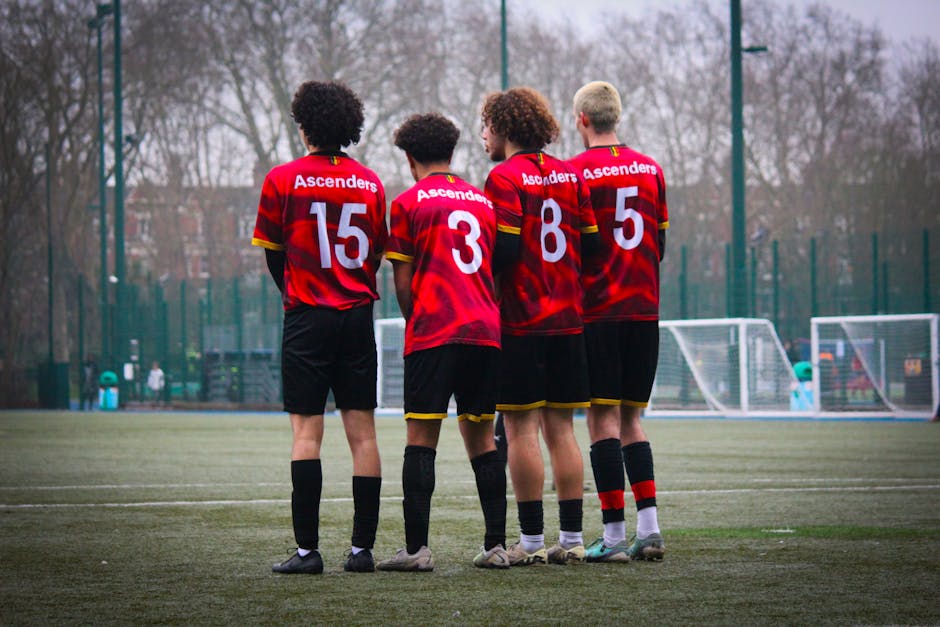The Art of Game Localization: Bridging Cultures Through Virtual Worlds
In the dynamic and ever-evolving world of video games, the process of game localization plays a crucial role in ensuring that games reach a global audience and resonate with players from diverse cultural backgrounds.
Game localization involves adapting a game’s content, text, audio, and visuals to suit the linguistic and cultural preferences of players in different regions. It goes beyond mere translation, taking into account cultural nuances, idiomatic expressions, and even legal requirements in target markets.
One of the key challenges in game localization is striking a balance between preserving the original creative vision of the game developers and making the necessary adjustments to make the game accessible and appealing to players in new markets. This delicate balancing act requires a deep understanding of both the source and target cultures, as well as a keen awareness of the cultural sensitivities that may impact player experience.
Effective game localization can significantly enhance the immersive experience for players by ensuring that they can fully engage with the game’s narrative, characters, and gameplay mechanics. By providing localized versions of games, developers can break down language barriers and create a more inclusive gaming environment that welcomes players from around the world.
Moreover, game localization opens up new revenue streams for game developers by tapping into global markets and expanding their player base. By investing in high-quality localization services, developers can maximize the reach and impact of their games, ultimately leading to greater commercial success.
The process of game localization involves a multidisciplinary approach that brings together linguists, translators, voice actors, and cultural consultants to ensure that every aspect of the game aligns with the target audience’s expectations. From adapting dialogue to redesigning in-game assets, every detail is meticulously reviewed and adjusted to deliver a seamless and authentic gaming experience.
As the gaming industry continues to grow and diversify, the demand for game localization services is on the rise. Game developers are increasingly recognizing the importance of localization in reaching global audiences and are investing in comprehensive localization strategies to maximize their games’ impact.
In conclusion, game localization is not just a technical process but an art form that requires creativity, cultural sensitivity, and a deep understanding of the gaming landscape. By embracing game localization as an integral part of game development, developers can create immersive and engaging experiences that transcend linguistic and cultural boundaries, bringing players together in a shared virtual world.

